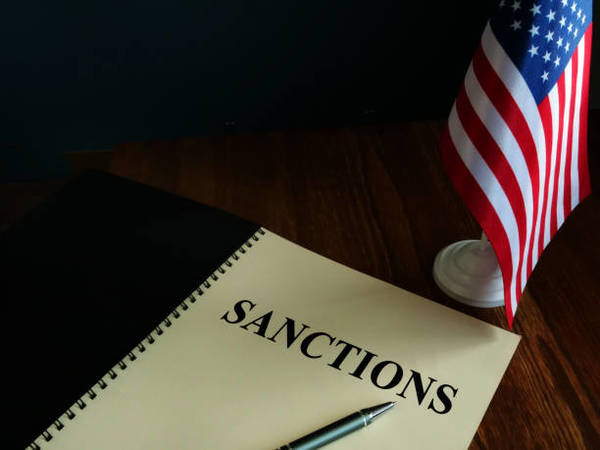Washington tightens sanctions on Iran’s oil exports
President Donald Trump-led US administration has imposed another set of strict sanctions on 19 entities and vessels involved in shipping “millions of barrels” of Iranian crude oil.
 CONCEPT: US sanctions against Iranian oil. Getty Images
CONCEPT: US sanctions against Iranian oil. Getty Images
The US Department of the Treasury’s Office of Foreign Assets Control (OFAC) has sanctioned the vessels that make up Iran’s shadow fleet, as it continues with its efforts to drive the OPEC-member’s oil exports down to zero.
The Trump administration has sanctioned Luqing Petrochemical, a Chinese oil refinery and its chief executive officer, for allegedly buying Iranian oil from previously sanctioned vessels – the MEHLE and the KOHANA, OFAC said.
This move has reiterated the US government’s stance on tighter sanctions against Iran and has supported Brent's price, according to market analysts. “We expect Iran's oil exports to fall by around 1mb/d [1 million b/d] because of tighter restrictions on Iran oil flows,” ANZ Bank’s senior commodity strategist Daniel Hynes remarked.
The US treasury department has also sanctioned Comoros-flagged NATALINA 7, Panama-flagged CATALINA 7, and six more vessels and their owners that are allegedly a part of Iran’s shadow fleet.
Last week, OFAC sanctioned Iran’s Minister of Petroleum Mohsen Paknejad for allocating “billions of dollars’ worth of oil” to Iran’s armed forces for export, it claimed.
A shadow fleet or a ‘dark fleet’ consists of older and environmentally hazardous vessels that intentionally evade regulations. By assembling a shadow fleet of poorly maintained vessels that are used to circumvent sanctions meant to restrict the movement of Iranian crude oil, the country has effectively generated thousands of dollars in revenues to support regional armed groups, including the Yemen-based Houthi and the Lebanon-based Hezbollah.
By Aparupa Mazumder
Please get in touch with comments or additional info to news@engine.online





